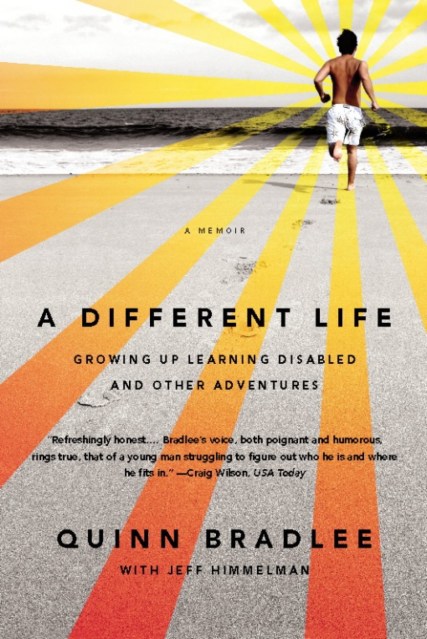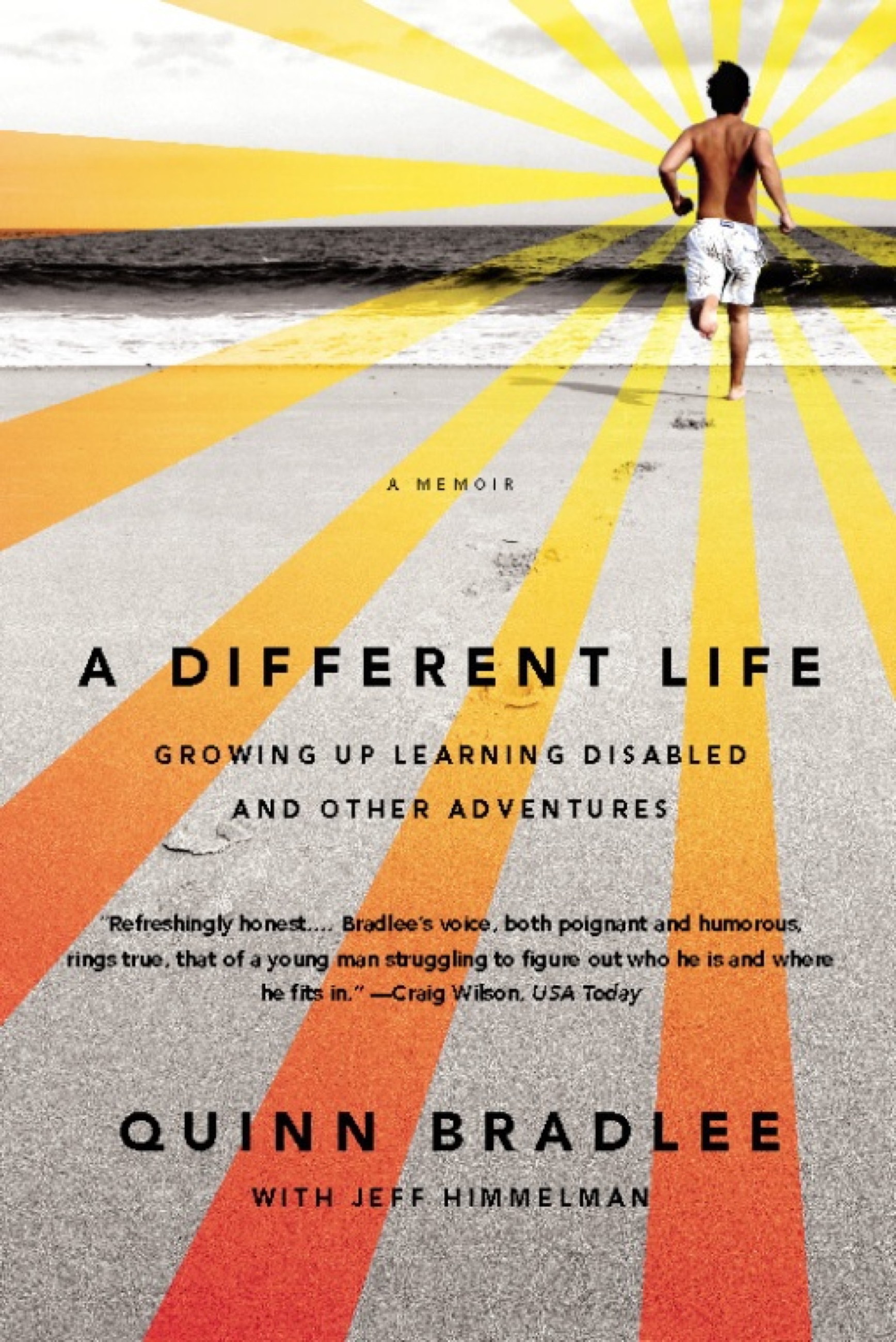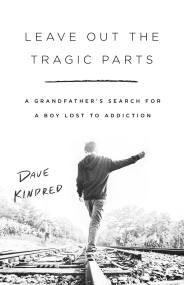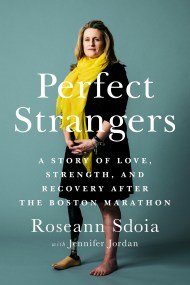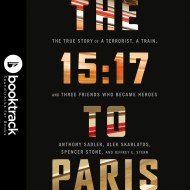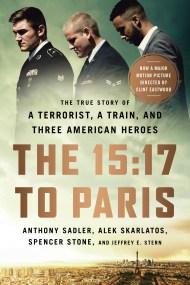By clicking “Accept,” you agree to the use of cookies and similar technologies on your device as set forth in our Cookie Policy and our Privacy Policy. Please note that certain cookies are essential for this website to function properly and do not require user consent to be deployed.
A Different Life
Growing Up Learning Disabled and Other Adventures
Contributors
With Jeff Himmelman
Formats and Prices
- On Sale
- Mar 2, 2010
- Page Count
- 256 pages
- Publisher
- PublicAffairs
- ISBN-13
- 9780786741403
Price
$9.99Price
$12.99 CADFormat
Format:
- ebook $9.99 $12.99 CAD
- Audiobook Download $24.95
- Trade Paperback $19.99 $25.99 CAD
This item is a preorder. Your payment method will be charged immediately, and the product is expected to ship on or around March 2, 2010. This date is subject to change due to shipping delays beyond our control.
Buy from Other Retailers:
-
Vanity Fair, July 2010
“[H]onest, heartbreaking, and inspiring.”
Newsletter Signup
By clicking ‘Sign Up,’ I acknowledge that I have read and agree to Hachette Book Group’s Privacy Policy and Terms of Use
